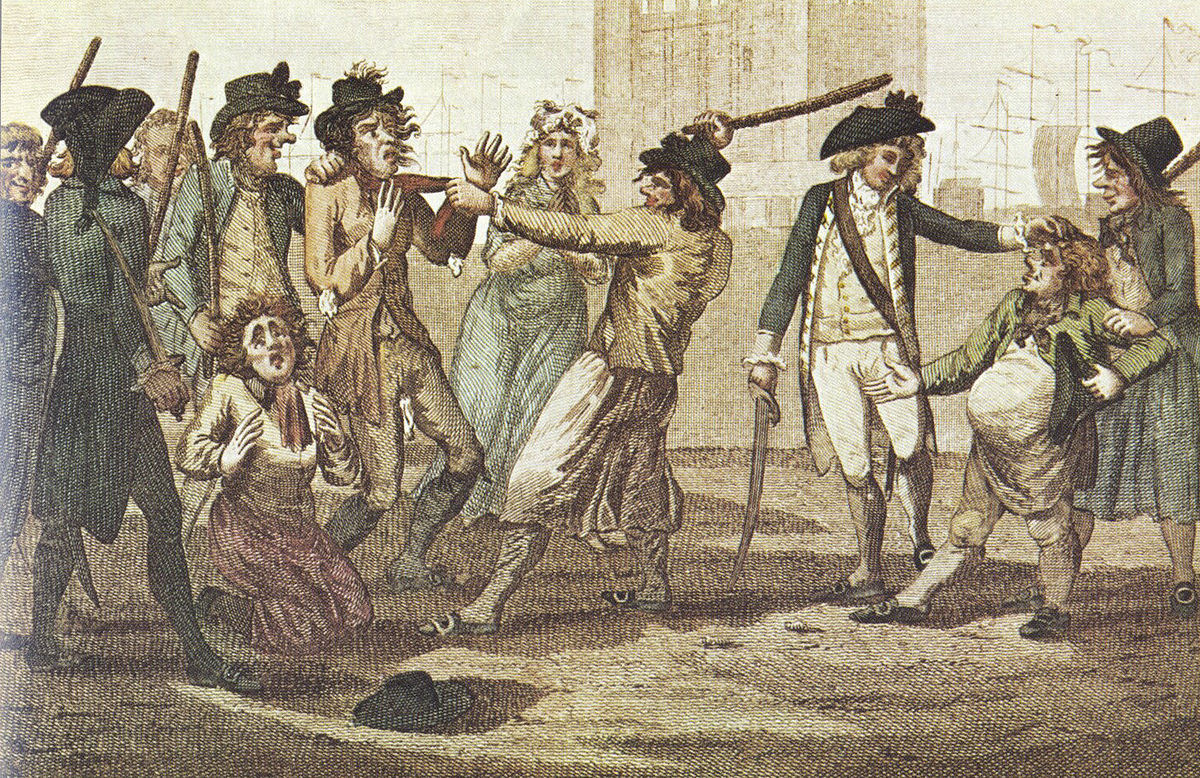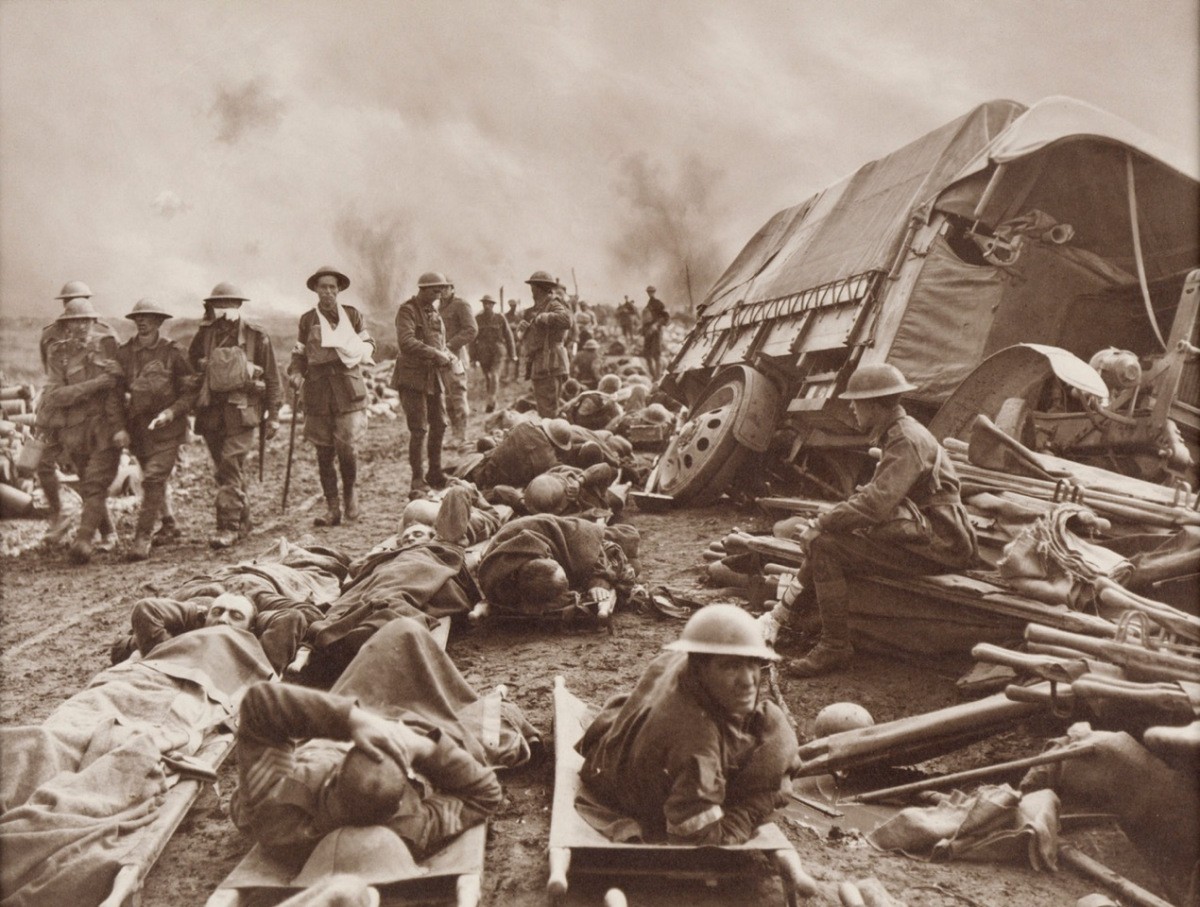ferball
desperately terminally-contrarian
- Jul 24, 2015
- 42,981
- 86,514
- AFL Club
- North Melbourne
Is every case in the territory a "teen Aboriginal boy who beats the sh*t out of his sister" and it is only the sort of thing that happens in indigenous communities?Mate, you're advocating a teen Aboriginal boy who beats the sh*t out of his sister is solely the fault of the 'white fella'. You're not looking at the cause of those incarcerations, you're purely giving the impression it's the 'white fellas fault coz white' without laying any responsibility on the individual as to why they are incarcerated.
That is offensive and just plain wrong, and people wonder why people get pissed off with this narrative.
You can't be taken seriously with this attitude, please don't reply.
Do you know that happened or have you just made it up as a hypothetical? In 2015 about 1/3 of kids in NT detention were in there for acts likely to cause harm or injury (presumably to others). Why don't the others have a right to bail?
Why is it that only indigenous kids are locked up in the territory? Is it something bad about their genes maybe?
Why is it that in 2010 in the same jurisdiction 5 non indigenous (adult) men can go terrorising people for hours, drive vehicles at their beds and force them to jump out of the way in fear of their lives, point and fire replica weapons at them then kick one of them to death and all of them be out of prison within five years (some within a year) because they are "of essentially good character"?
You said:
However how about celebrating what we are now.
That is what we are now.




